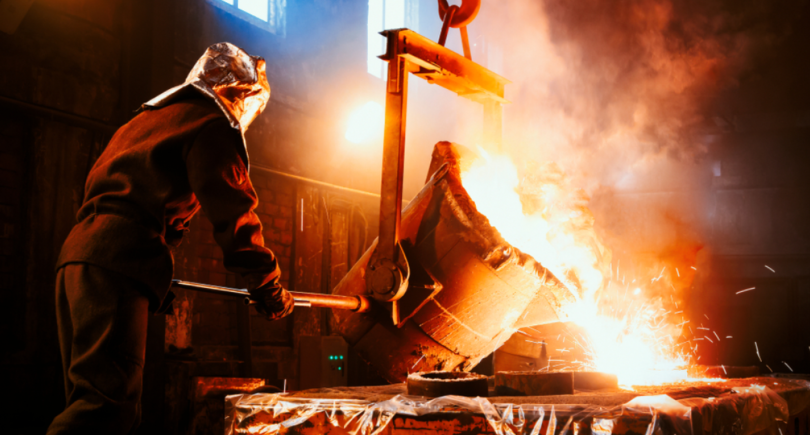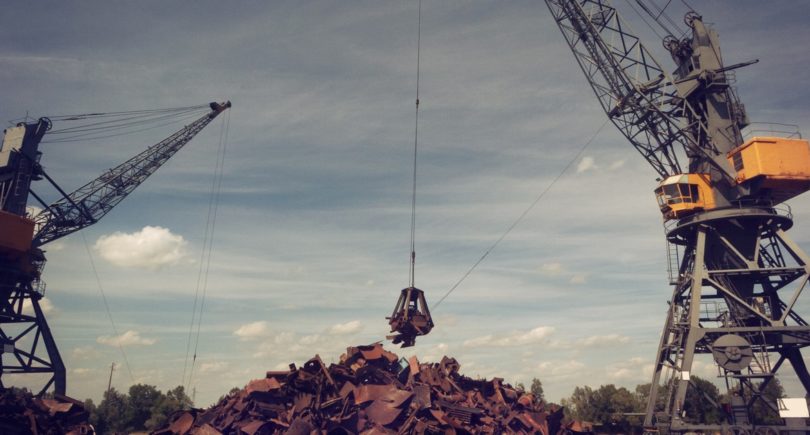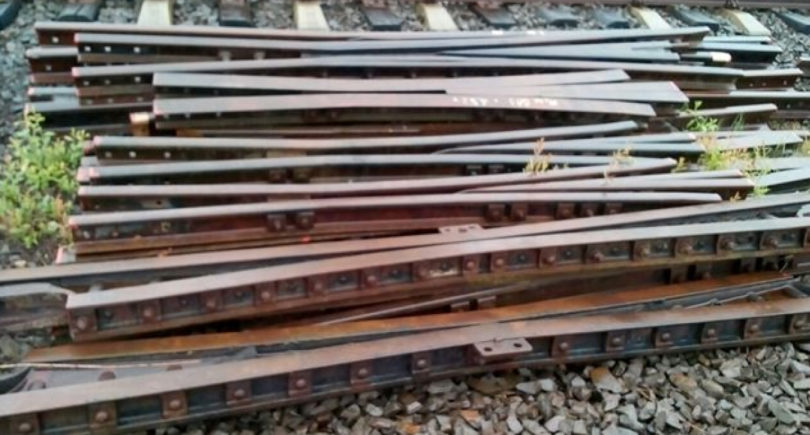
News Industry надрокористування 457 17 March 2025
EBA experts do not support the relevant draft resolution
The European Business Association (EBA) calls for the rejection of the draft resolution on the resumption of scheduled inspections of subsoil users. This is stated in the message of the association.
The draft resolution of the Cabinet of Ministers was published in February this year by the State Service of Geology and Subsoil of Ukraine. In particular, the document provides for amendments to Government Resolution No. 303, the resumption of scheduled and unscheduled inspections of subsoil users whose activities are classified as high-risk.
EBA experts do not support this draft law. After analyzing it, they concluded that the need to amend the legislation due to the risk of “dormant permits” is not fully consistent with the current situation. The resolution is aimed at identifying and preventing the creation of only 29 so-called “dormant permits”. However, more than 300 companies will be subject to inspections.
The problem of “dormant permits” can be solved without the need for massive inspections of all subsoil users, the EBA believes. The current legislation, as the association’s experts remind, already provides for the possibility of unscheduled inspections in case of a threat to the rights of citizens, the environment or the security of the state. In addition, according to the Subsoil Code of Ukraine, the grounds for termination of a special permit are failure to take measures to eliminate violations after they are detected during the inspection.
“Under martial law, a significant portion of the industry operates in extremely challenging conditions due to security risks, labour shortages, disruptions in logistics, and energy supply issues. The introduction of extensive inspections would create additional administrative and financial burdens, potentially leading to the suspension of production processes.,” the statement said.
As GMK Center reported earlier, at the end of last year, the business called for amendments to the draft law on mining waste. The relevant draft law was registered in the Parliament after passing through the Cabinet of Ministers in a version that did not contain the amendments previously developed by a working group of business and associations.




